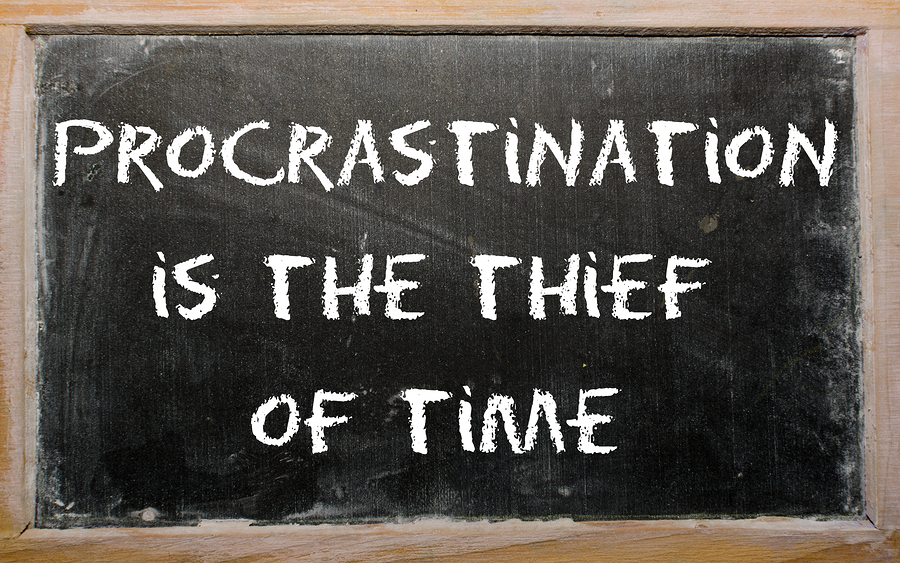
If you’re one of our philosophically-minded readers, you’re perhaps already familiar with Stanford professor John Perry. He’s one of the two hosts of the Philosophy Talk radio show that airs on dozens of public radio stations across the US. (Listen to a recent show here.) Perry has the rare ability to bring philosophy down to earth. He also, it turns out, can help you work through some worldly problems, like managing your tendency to procrastinate. In a short essay called “Structured Procrastination” — which Marc Andreessen (founder of Netscape, Opsware, Ning, and Andreessen Horowitz) read and called “one of the single most profound moments of my entire life” – Perry gives some tips for motivating procrastinators to take care of difficult, timely and important tasks. Perry’s approach is unorthodox. It involves creating a to-do list with theoretically important tasks at the top, and less important tasks at the bottom. The trick is to procrastinate by avoiding the theoretically important tasks (that’s what procrastinators do) but at least knock off many secondary and tertiary tasks in the process. The approach involves “constantly perpetrating a pyramid scheme on oneself” and essentially “using one character flaw to offset the bad effects of another.” It’s unconventional, to be sure. But Andreesen seems to think it’s a great way to get things done. You can read “Structured Procrastination” here.
Have your procrastination tips? Add them to the comments section below. Would love to get your insights.
via LinkedIn
Related Content:
The Art of Living: A Free Stanford Course Explores Timeless Questions
Take First-Class Philosophy Courses Anywhere with Free Oxford Podcasts


I was going to make a comment but I think I’ll wait ’til later.
I had more important things to do than read Structured Procrastination today, but I read the article anyway. Reading the article is a good way to kill time properly while thinking about how to kill time more productively. Thanks for the pointer.
I can’t decide whether or not to read it.
I start procrastinating when I have task that’s results are not needed, neither for me nor for anybody else. Formal things, supporting the ideas of somebody else because of duty, not because of my conviction. Things that are not interesting and not suited to me, but I have to do them. When the task hasn’t any visible meaning or it is too complicated to find even the hidden meaning of it for me, then I become an expert in procrastination. Actually first two times I do even such tasks with energy, but for the third time the procrastination starts… When the task doesn’t fit into our individual Maslow’s pyramid we start to streak. We don’t procrastinate when really hungry, freezing or our lives are in danger, not at all. So, we have to stop doing things that we don’t like even if we get some money for them. The only psychological trick against procrastination is to find a personal meaning of any task — why do I do that? That’s all.